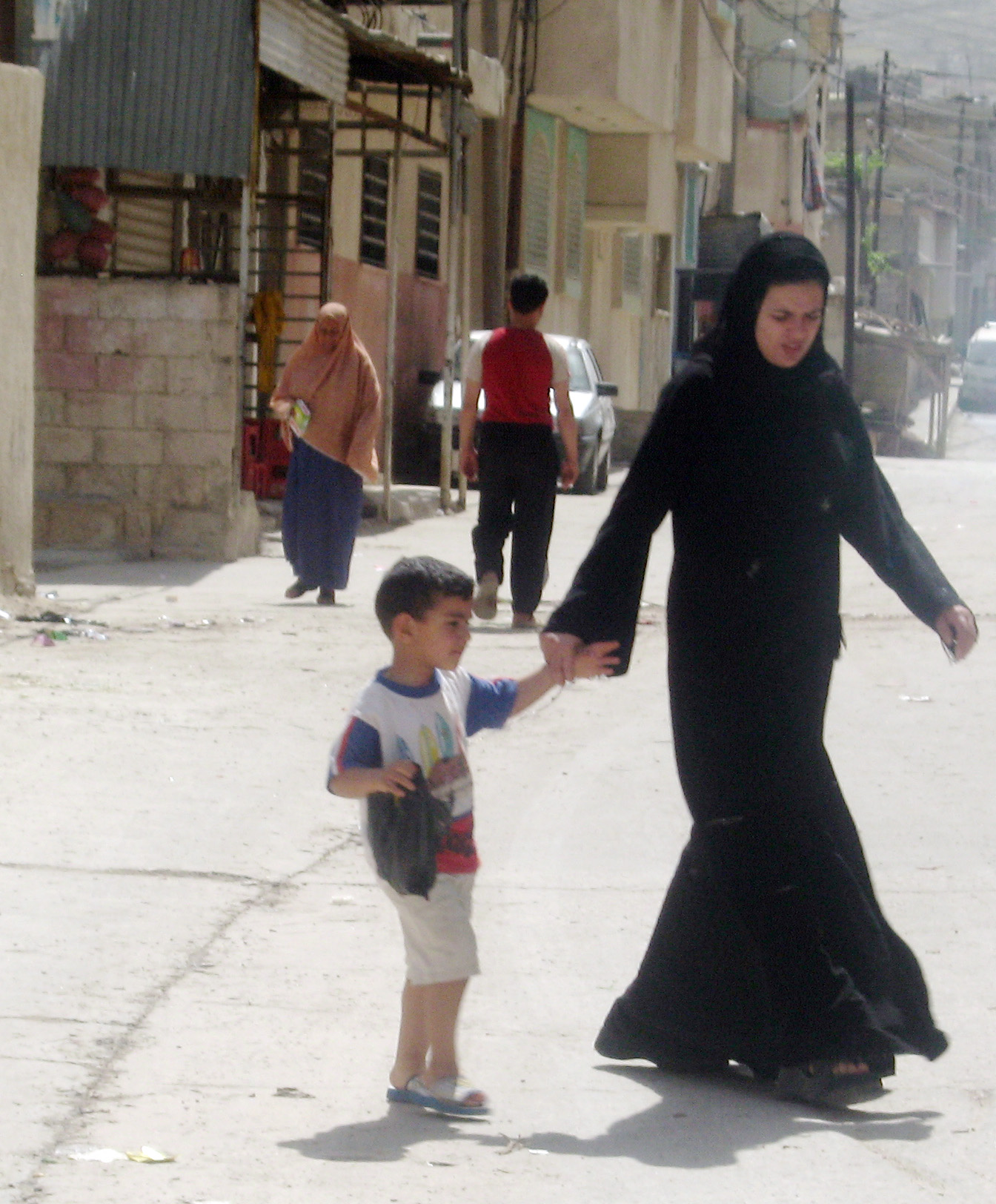The Jordanian parliament on 6 January endorsed a family protection bill in a bid to combat rising domestic violence.
The draft law, which still needs to be approved by the Senate before taking effect, imposes stiff penalties on violators, ranging from hefty fines to imprisonment of up to six months.
The bill also gives the authorities the power to detain perpetrators of domestic violence for 24 hours "in order to protect the victim" and the court has the right to bar perpetrators from approaching "safe houses" where victims are sheltered in order to guarantee their safety.
Under the bill, victims can also file for financial compensation in cases of physical harm or psychological abuse.
The bill reflects recent campaigns aimed at curbing domestic violence, said Rim Abu Hassan, a human rights activist from the Jordan Society for Protection from Family Violence.
"This is a necessary law to deal with family violence; it specifies procedures on how to handle this issue and finds alternative solutions that could help families heal any rift as a result of violence," said Abu Hassan.
The law paves the way for the creation of "family conciliation committees" to mediate between victims and perpetrators.
Adult family members are required to report physical or sexual abuse that takes place in their households, according to the draft law.
However, lawmakers rejected an article in the bill that obliged health care staff and school teachers to report to the authorities any incidents of family violence.
Abu Hassan believes it will be hard to combat family violence without obliging officials exposed to such cases to inform the authorities of suspected abuse.
The bill seeks to combat violence against women and children. Some deputies, however, believe the solution is not stringent laws, but awareness-raising campaigns targeting impoverished communities. The law is a necessary tool to remind people of what penalties they face if they harm their wives or children, but we also need to educate people on the issue, said member of parliament Mahmoud Kharabsheh.
The number of domestic violence cases in 2006-2007 rose to 132, according to a recent study covering 11 of the kingdom's 62 courts. Most of the victims ended up having to recuperate in bed for 10 days.
mbh/at/cb
This article was produced by IRIN News while it was part of the United Nations Office for the Coordination of Humanitarian Affairs. Please send queries on copyright or liability to the UN. For more information: https://shop.un.org/rights-permissions





